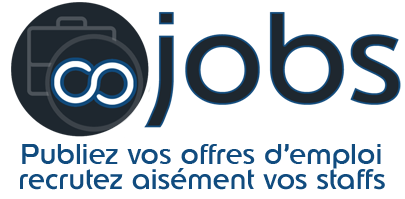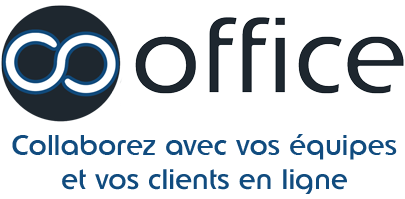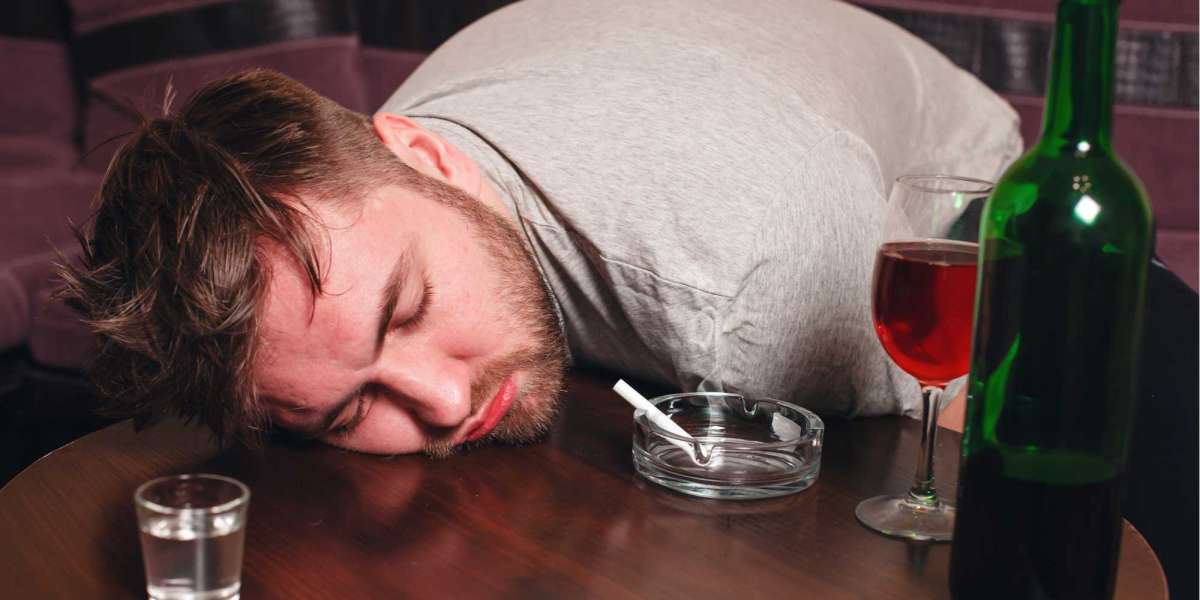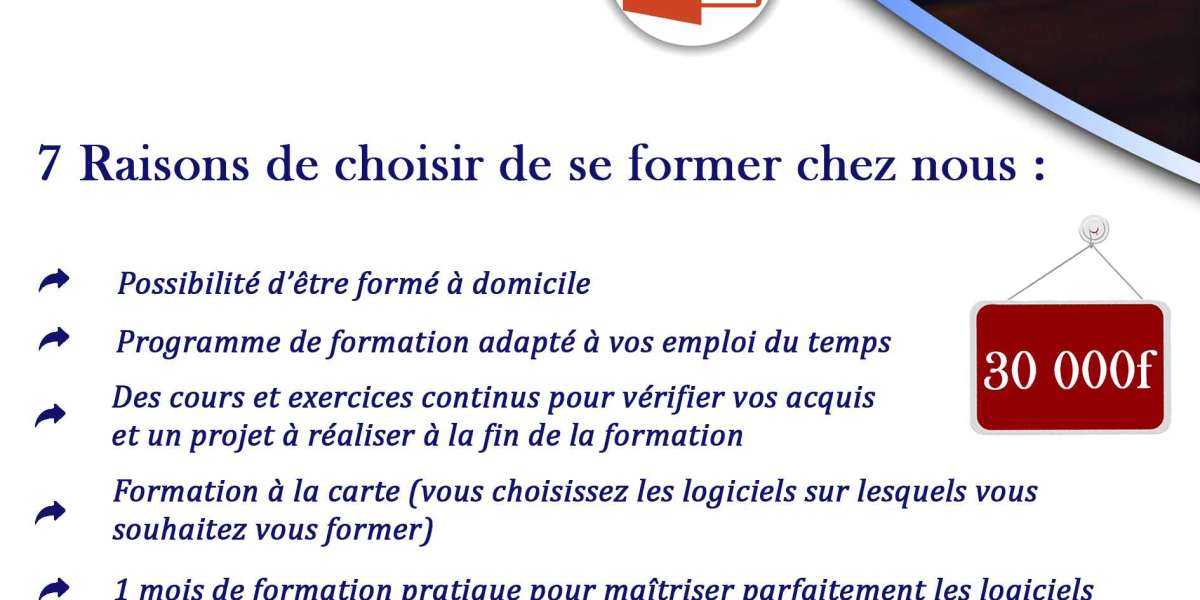Drug and alcohol addiction treatment centers often include 12-step programs. These programs are based on the 12 traditions of Alcoholics Anonymous and have helped millions of people overcome their problems. Patients are free to modify the steps as necessary for their own personal circumstances. Twelve-step programs include Narcotics Anonymous and Alcoholics Anonymous, two of the most popular and successful methods of rehabilitation. These treatment centers offer the best care for patients who want to stay clean and sober.
The goals of treatment vary with the severity of addiction and the patient's specific condition. The most important aspect of rehab is the availability of treatment. While an individual may feel uncertain about entering a program, the opportunity is there. A lack of immediate access to a program can cause a person to lose the chance to recover. The primary goal of rehab is to convince the patient that he or she is responsible for his or her life, not the addiction.
The most popular types of addiction treatment programs are medical, psychological, and spiritual. Medical models focus on the physiological, genetic, and biological aspects of addiction. They use pharmacotherapy to suppress the negative side effects of drugs and alcohol. In addition to pharmacotherapy, these programs also provide medical management of withdrawal. The psychological approach focuses on the emotional, social, and mental aspects of drug and alcohol abuse. The most popular type of rehab centers emphasize counseling and psychotherapy.
Depending on the severity of the addiction, the treatment program should provide assessments for infectious diseases. The program should also provide counseling to help the patient manage illness and prevent high-risk behaviors. Recovery from addiction is usually a long-term process that requires multiple episodes. The person may need multiple episodes of treatment. The recovery process often involves the participation in a self-help support program to help them maintain abstinence after leaving rehab. These programs are designed to help people recover from their habit.
In addition to the medical model of addiction, a patient should also be evaluated for co-occurring mental health conditions. Behavioral therapy involves talking to the patient about his or her experiences of substance use. There are different kinds of therapy, but all of them involve a combination of counseling and behavioral therapies. A professional substance abuse treatment program will be tailored to the individual patient's needs. Once the patient has completed the program, he or she can return home.
The most common types of addiction treatment include medical, behavioral, and counseling therapies. Behavioral therapies are crucial to effective treatment and are very helpful in dealing with the causes of addiction. They address issues of motivation and develop skills that allow the addict to resist substances. These interventions improve problem-solving skills and the ability of the individual to function in the community. Ultimately, a quality drug and alcohol treatment program should address the causes of the problem and provide a lifetime of sobriety.
Non-pharmacological therapies are the most widely used type of treatment for addiction. They generally involve counseling and psychotherapy to help the patient change his or her addictive behaviors and to learn new skills. These therapies often involve the client's significant other and family. They are also an integral part of recovery for people who have been unable to overcome their habit. Psychiatric medications are not the only types of treatments available. They are not effective in the long run and can increase the risk of relapse.
A medically-supervised detoxification program may be necessary for some patients. The treatment process is structured and will include medications, psychotherapy, and support groups. It is important to find a program that meets the needs of the patient and is customized to their unique situation. The medically-managed detoxification and inpatient rehab programs typically last for several weeks to several months. Some programs will provide round-the-clock monitoring for the duration of the stay.
Treatment for addiction should involve a multidisciplinary team of licensed professionals. The team should include chemical dependency counselors, psychiatrists, wellness specialists, and spiritual care counselors. The treatment should map out an individualized plan of care for each patient. The American Society of Addiction Medicine has developed a comprehensive assessment process that allows for a thorough assessment and an outcome-driven treatment plan. These programs should involve the participation of multiple disciplines. A patient's mental health condition will be treated simultaneously with their addiction.











